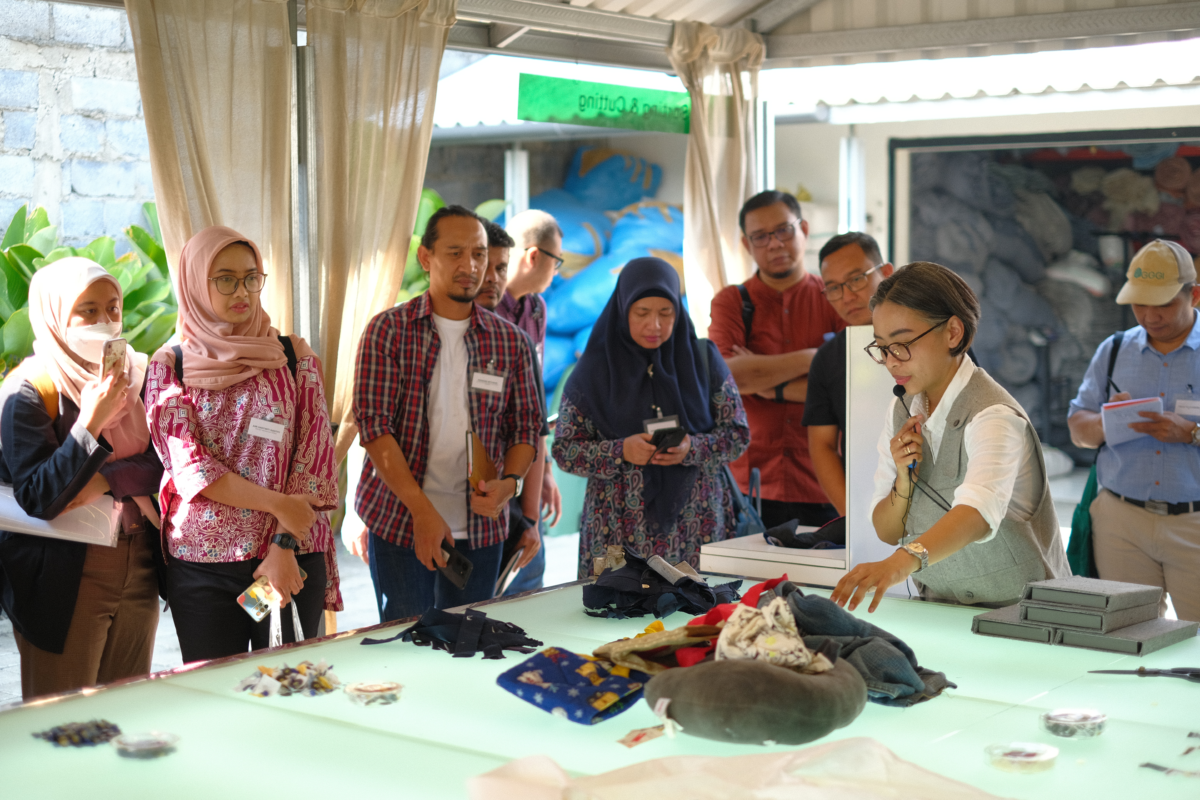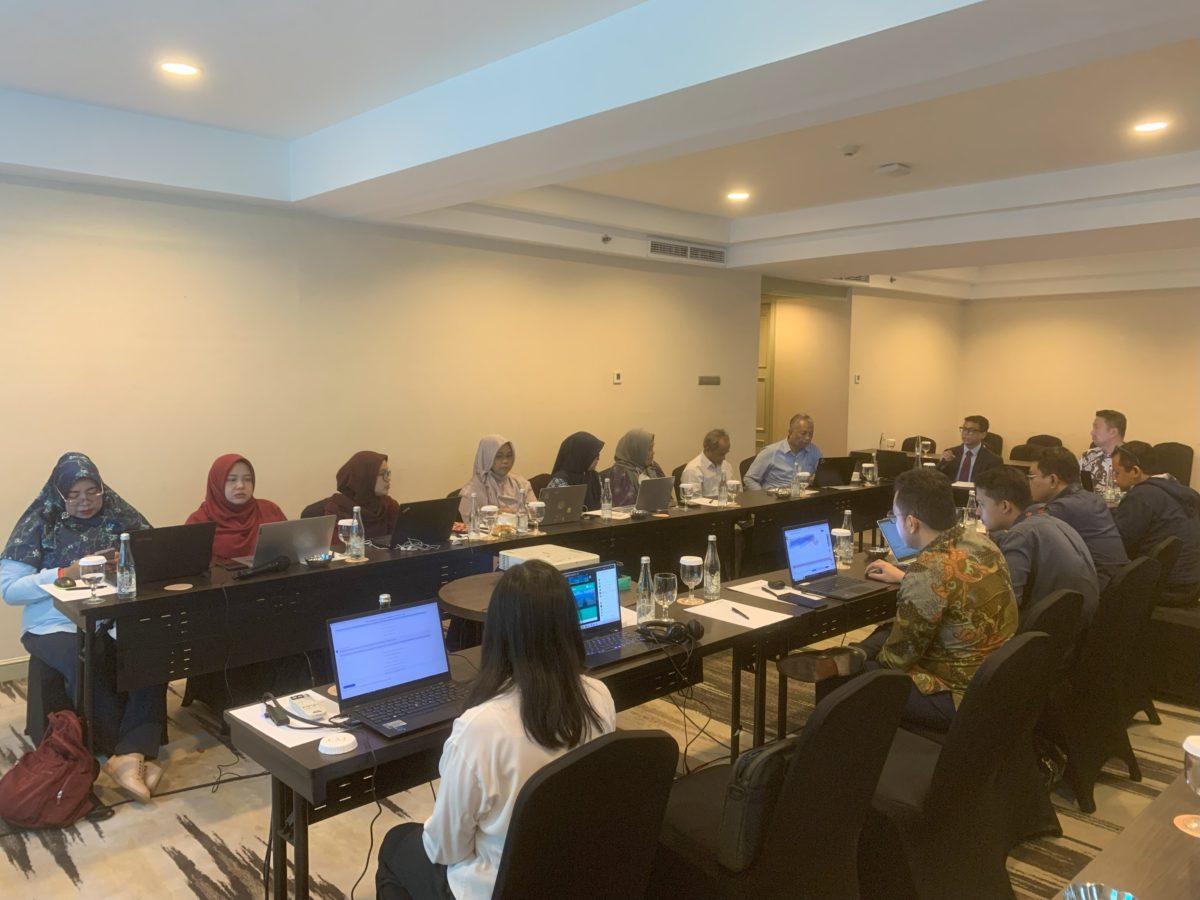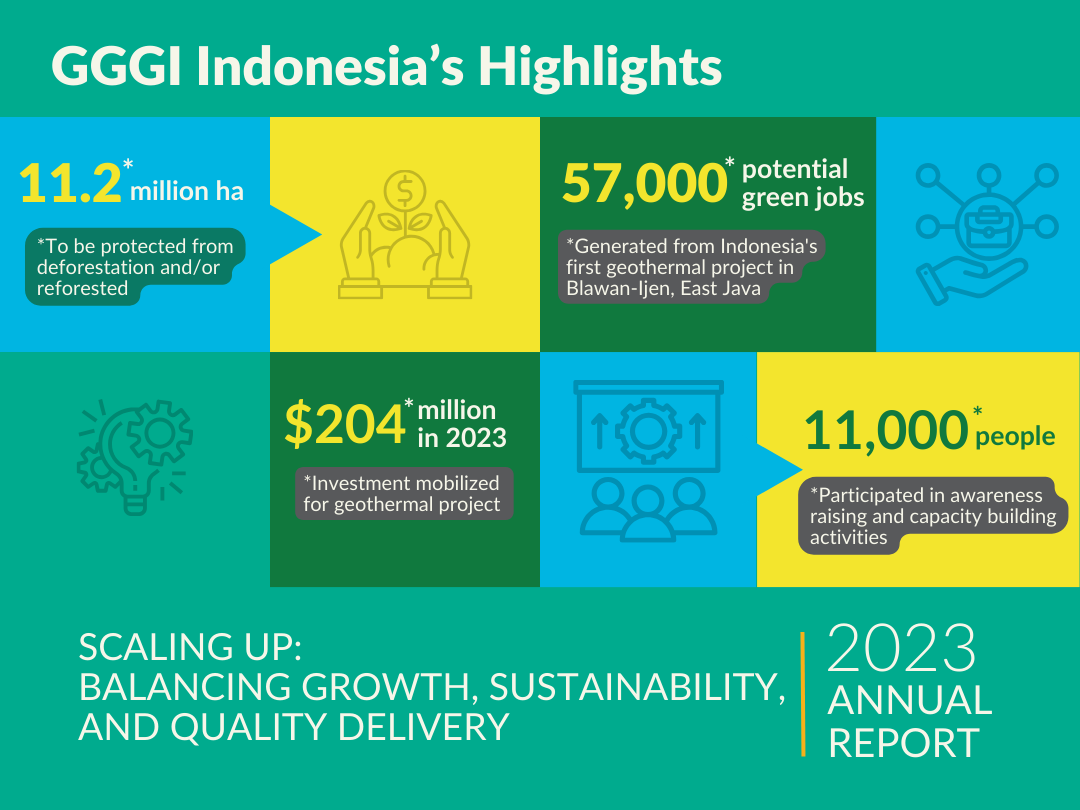Indonesia’s DAPA Program and the Path to International Carbon Trading
The Designing Article 6 Policy Approaches (DAPA) Program, funded by the Norwegian government, is a cooperative initiative to support countries in reducing greenhouse gas emissions according to their Nationally Determined Contributions (NDCs).
In Indonesia, the Coordinating Ministry of Economic Affairs (CMEA) leads the program, working closely with the GGGI to design policy approaches for trading Internationally Transferred Mitigation Outcomes (ITMOs).
A key component of the Paris Agreement, Article 6, facilitates international carbon trading, which the DAPA Program supports by fostering inter-ministerial collaboration and developing specific policy approaches. This, in turn, enhances Indonesia’s capacity to participate in carbon markets, achieve its climate commitments, and contribute to a sustainable, low-carbon future. As a result, the program has seen multiple phases since its inception, including a scoping phase in 2019, the establishment of an inter-ministerial Technical Advisory Committee (TAC) in 2020, and the completion of technical and economic assessments in 2021, resulting in the selection of solar PV policies as the preferred policy approach for potential ITMO trading.
On February 16, 2023, the CMEA held a meeting with the inter-ministerial TAC to discuss updates on the DAPA program. The event brought together TAC members from six ministries, all of which are crucial stakeholders in designing policies for Indonesia’s participation in the carbon market. The meeting centered on the Policy Approach Proposal (PAP) and the NDC tracking tool, which help monitor progress towards achieving the NDC targets.
The inter-ministerial TAC plays a vital role in the DAPA Program, as it brings together representatives from six ministries, including the Coordinating Ministry of Maritime Affairs and Investment (CMMAI), Ministry of Environment and Forestry (MoEF), Ministry of Finance (MoF), Ministry of Energy and Mineral Resources (MoEMR), Ministry of Transportation (MoT), and Ministry of Industry (MoI). These ministries work together to design policies and prepare the country for authentic ownership and increased capacity to participate in the burgeoning carbon market.
The success of the DAPA Program is rooted in collaboration and teamwork. The program fosters knowledge sharing, open dialogue, and joint decision-making by bringing together stakeholders from various ministries, ensuring all parties are informed and engaged in designing and implementing policy approaches.
The DAPA Program aims to continue its growth by extending the program until 2024, to complete a bilateral carbon trading agreement (Mitigation Outcome Purchasing Agreement, or MOPA) between Indonesia and Norway. The program also focuses on developing a mixed regulatory regime, combining carbon market and carbon tax strategies for achieving NDC targets, creating a supportive infrastructure for sustainability, and nurturing ongoing collaboration among key stakeholders. Through these efforts, Indonesia aims to become one of the first countries to participate in international carbon trading, thereby enhancing its climate ambitions and fulfilling its global climate commitments.




